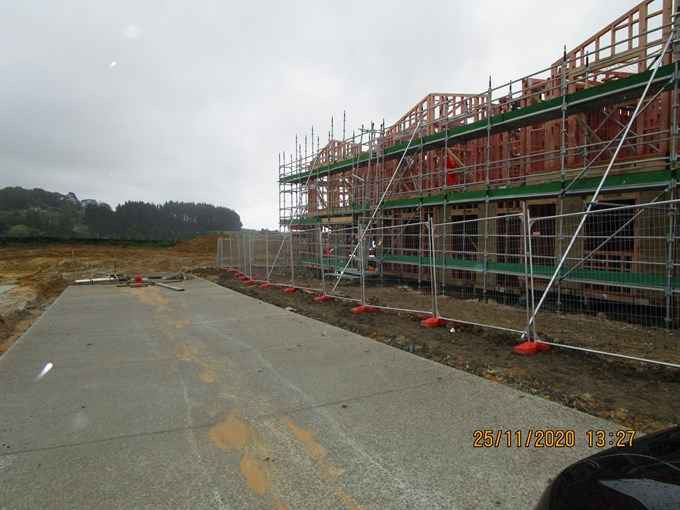Auckland Council is reminding builders and construction companies to ensure they have council building consent before going ahead with work – otherwise it could be costly.
Jeff Fahrensohn, Auckland Council Manager Field Surveying Building Consents says, “It’s vital to have a building consent before commencing any work. The consent has conditions that need to be adhered too, if not the building’s final Code Compliance Certificate could be at risk.”
The council encourages the industry to keep in touch and ask questions.
“Early communication is key, and any potential issues can usually be addressed this way. The last thing we want is for builders to go ahead without council consent.”
Fahrensohn adds that many issues can usually be reviewed and resolved, but there are times where fines necessary or prosecution for serious breaches. This was the case for a building company who started work without council consent and was recently prosecuted and fined.
Platform Homes (PHL) started work on 26 townhouses in Flat Bush without council consent and due to the seriousness of the breach were prosecuted. PHL told the court they had ‘jumped the gun’ and started building because they expected to get consent any day.
The maximum penalty for this type of offence is up to $200,000 and in this case the council was seeking a fine of $60,000, which included a 25 percent reduction for the guilty plea. The Judge fined PHL $32,500.
Kerri Fergusson, Auckland Council Manager Compliance & Investigations says, “This sends a strong message to building companies and builders in general that it’s vital council consent is obtained prior to any work starting.
“This is for a number of reasons – which building companies are well aware of – including public safety and ensuring the integrity and quality of the construction work being done with public safety being paramount.
"Council views cases like this as very serious and will continue to investigate and prosecute any offending companies.”
Fahrensohn says the council recognises the building industry are also facing challenges with the supply of some materials at the moment due to Covid and emphasises any substitute materials must be approved by council before being used.
“This is important as the substitute products need to meet the Building Code. A lot can be looked at on site and assessed for compliance, some others may require an amendment.
“If work goes ahead and the substitute product isn’t approved by council as meeting the Building Code, it could, worst case scenario, mean the work has to be deconstructed, which is costly and will delay the construction.”
Fahrensohn adds that most customers are communicating well with council and in general compliance is good.


